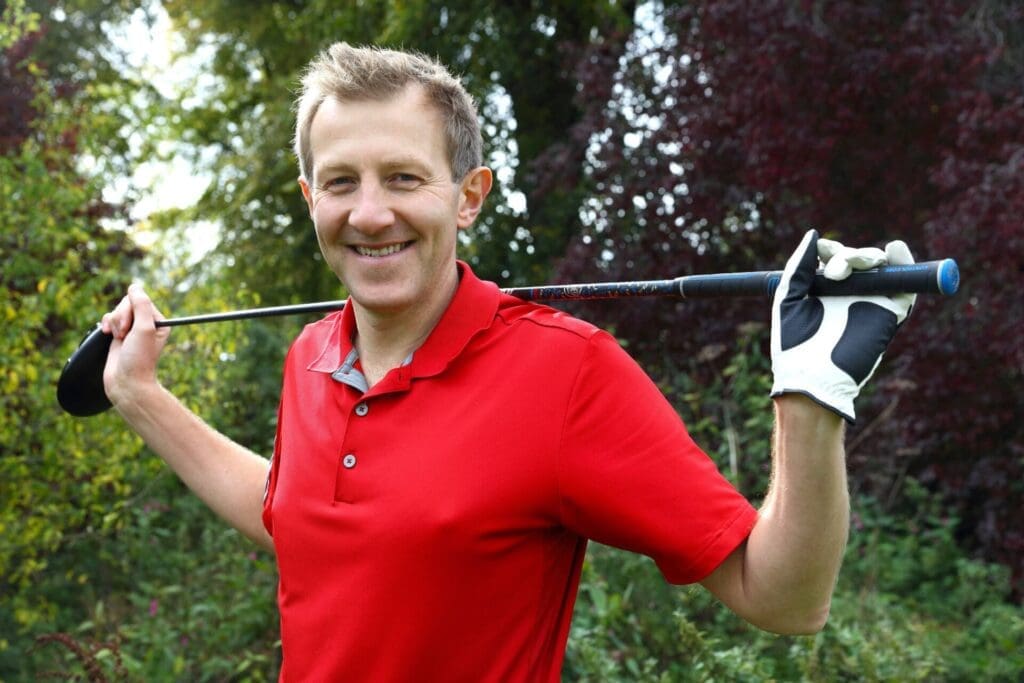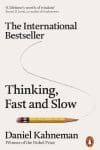How To Help A Swimmer Who Is Online A Lot Checking His Rivals Out

By working with David Charlton, you and your organisation will be better equipped to rise to modern day challenges and better informed to thrive on and off the pitch, course or court. Where he inspires individuals and teams to:
- Cope with pressure and challenges more effectively
- Maintain positive mental health
- Compete with confidence more often
- Manage your emotions better
- Improve your commitments levels
David is a Mental Toughness Practitioner, as well as a Health Care and Professions Council (HCPC) Registered Sport and Exercise Psychologist. He has successfully supported athletes, teams and organisations for over 10 years in order to ensure that they perform at their maximum more often.
He has a comprehensive knowledge around the development of Mental Toughness, a plastic personality trait, which determines or limits people to deal effectively with change, challenges and stressors. In today’s climate, during the Coronavirus pandemic this quality is becoming more and more valuable to individuals, teams and organisations.
Today, the case study that David Charlton and his colleague Colm O’Donoghue discuss is connected to a 16-year-old swimmer who spends a lot of time online checking his rivals out, be that on social media or reviewing stats and results. The implication is that his motivation and focus when training fluctuates and negative emotions such as jealousy and anxiety are triggered. As well, potential challenges with his own self-esteem and how he feels about himself can be evident.
David and Colm offer some ideas to shift his focus so that he is able to enhance his motivation and feel better in himself.
Key Learning Points:
- Social comparison theory, proposed by Leon Festinger, suggests that individuals evaluate their own abilities, opinions, and accomplishments by comparing themselves to other people. This theory suggests that we have an natural drive to evaluate ourselves, and social comparison is a primary method we use to do so.
- Develop a pre-race routine to get into the right mindset, consider when you want to be online and not especially as the race draws closer.
- Set SMART goals focused on personal improvement.
- Review your emotional experience and self-talk when your online, how does it make your feel? What are you telling yourself about situations that you come across?
Connect with David Charlton
Join David @ The Sports Psychology Hub
Instagram, Facebook, Twitter and LinkedIN
Podcast Episodes To Help Children Have A Positive Sporting Experience
Ep074: David Charlton – How Can I Make My Child Feel Confident?
Ep112: David Charlton – How to Deal with Physical Insecurities as a Young Athlete
Ep217: Chris Cook – How A Marginal Gains Approach Can Help You Perform Better
Other Valuable Resources To Help Children, Young Athletes, Parents and Youth Sport Coaches
Youth Sports Psychology Library
Frequently Asked Questions – Sport Psychology for Children and Parents
Resources To Help Children Have A Positive Sporting Experience
Helping Young Athletes Manage Emotions
IF YOU ENJOYED TODAY'S SHOW PLEASE SHARE
SUBSCRIBE AND LISTEN ON YOUR FAVOURITE AUDIO PLATFORM
Also, kindly consider taking the 60-seconds it takes to leave an honest review and rating for the podcast on iTunes, they’re extremely helpful when it comes to the ranking of the show and we read every single one of them!

Best Wishes
David Charlton
Global Sports Psychologist who is located near Newcastle Upon Tyne, UK and willing to travel Internationally. David also uses online video conferencing software (Zoom, Facetime, WhatsApp) on a regular basis and has clients who he has supported in USA, Canada, South America, UAE, Australian and New Zealand.
Managing Director – Inspiring Sporting Excellence and Founder of The Sports Psychology Hub. With over 10 years experience supporting athletes, coaches, parents and teams to achieve their goals, quickly.









